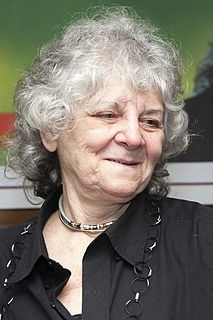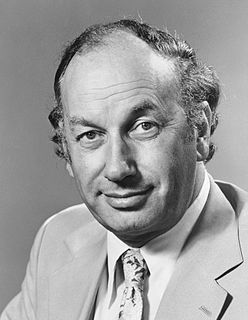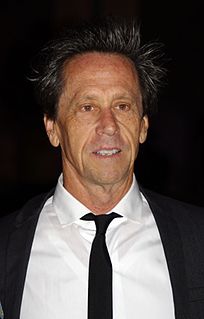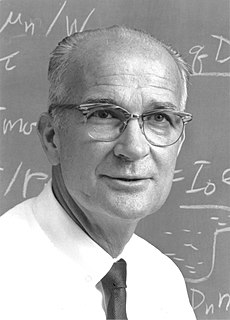A Quote by Ada Yonath
People always talk about the implication and applications of a process, but for me, the goal is purely about knowledge. Knowledge can become practical today, in 20 years, or in 500 years. Ask Newton. He didn't know there would be space research based on his accident with the apple.
Related Quotes
Although humans have existed on this planet for perhaps 2 million years, the rapid climb to modern civilization within the last 200 years was possible due to the fact that the growth of scientific knowledge is exponential; that is, its rate of expansion is proportional to how much is already known. The more we know, the faster we can know more. For example, we have amassed more knowledge since World War II than all the knowledge amassed in our 2-million-year evolution on this planet. In fact, the amount of knowledge that our scientists gain doubles approximately every 10 to 20 years.
Opportunism towards knowledge is a utilitarian demand that knowledge must be immediately practical. Just like with sociology where we hope its purpose is to serve society, however, the true purpose of sociology lies in its impracticality. It cannot become practical or else it loses its meaning. Perhaps we should learn a different kind of knowledge: the knowledge to question knowledge.
I think that to me, films are personal affairs. It doesn't mean that I am against other people doing things differently, but I'm talking about what I can do. So I don't feel comfortable going to a new city or a certain class of which I don't have sufficient knowledge, doing research on that, and then writing a story about it I don't think I have the ability of presenting other people on screen in that way. It makes me uncomfortable. This doesn't mean that I only want to talk about myself. I want to talk about what I know.
To the philosophers of India, however, Relativity is no new discovery, just as the concept of light years is no matter for astonishment to people used to thinking of time in millions of kalpas, (A kalpa is about 4,320,000 years). The fact that the wise men of India have not been concerned with technological applications of this knowledge arises from the circumstance that technology is but one of innumerable ways of applying it.
The importance of language in gaining knowledge is doubtless the chief cause of the common notion that knowledge may be passed directly from one to another. It almost seems as if all we have to do to convey an idea into the mind of another is to convey a sound into his ear. Thus imparting knowledge gets assimilated to a purely physical process.
Frequently, I have been asked if an experiment I have planned is pure or applied science; to me it is more important to know if the experiment will yield new and probably enduring knowledge about nature. If it is likely to yield such knowledge, it is, in my opinion, good fundamental research; and this is more important than whether the motivation is purely aesthetic satisfaction on the part of the experimenter on the one hand or the improvement of the stability of a high-power transistor on the other.
But doctors talk about cells as if they had such unlimited importance all by themselves. As if they didn't really belong to the person that has them." Teddy brushed back his hair from his forehead with one hand. "I grew my own body," he said. "Nobody else did it for me. So if I grew it, I must have known how to grow it. Unconsciously, at least. I may have lost the conscious knowledge of how to grow it sometime in the last few hundred thousand years, but the knowledge is still there, because—obviously—I've used it.





































